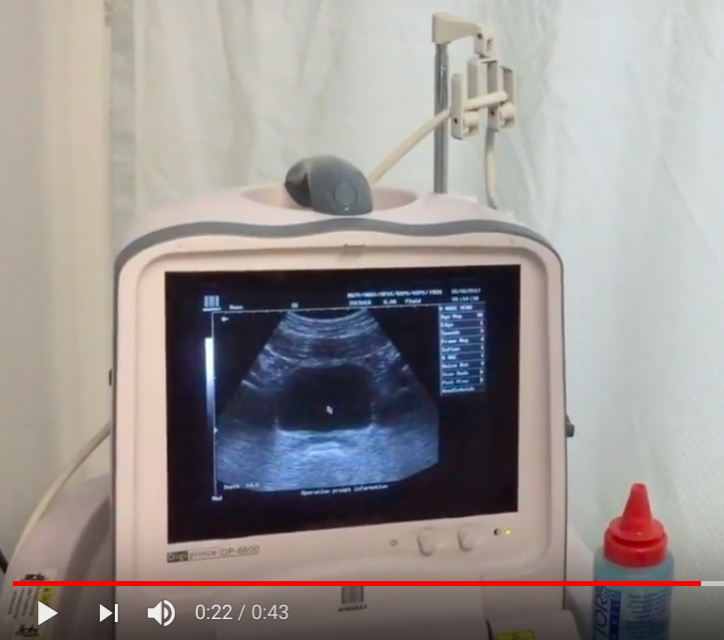Do you pee when you run?

Please don’t suffer in silence!
Ladies, do you pee when you run? Yeah, that’s not normal and don’t let anyone tell you otherwise. Unfortunately up to one in three mothers suffer in silence from incontinence.
It’s an awkward and embarrassing topic that no one wants to talk about. Except your PHYSIO! Read on to learn more and check out the video showing how we assess pelvic floor function using Real-Time Ultrasound
Bladder leakage or incontinence is a warning sign that your pelvic floor is, most commonly, too weak to handle the activity you are doing. Any high impact activity like running, crossfit or sport places increased stress on your pelvic floor. Add to this risk factors such as menopause, overactive bladder issues, weight gain, hysterectomy and gynaecological surgeries, pregnancy, childbirth and Caesarians, you have a winning combination for a Pelvic Organ Prolapse. For those of you that don’t know what a pelvic organ prolapse is, I challenge you to google it, and I promise you will never forget to do your pelvic floor exercises again!
I constantly have people ask me what happens if they don’t do their pelvic floor exercises. My response normally involves asking them to talk to their mother or grandmother regarding their pelvic floor function. It’s only been in the last few decades that pelvic floor muscle training has been introduced as a treatment option for those with incontinence and pelvic organ prolapse. Previous to this, surgery was the go to treatment option otherwise women just simply put up with the discomfort thinking it was “normal” to have these issues as you age and especially after pregnancy.
Like with most things in the physio world, prevention is always better than a cure. Once the damage has been done to the pelvic floor, there is no 100% “quick fix” treatment option available.
However, you CAN stop further weakness from occurring and even improve symptoms through exercising you pelvic floor. It’s never too late to start! Regardless of your age, symptoms or risk factors, physiotherapy can help to assess, provide appropriate treatment options and education regarding pelvic floor muscle training. Plus for most cases you can leave your pants on! At Parkside, we utilise Real Time Ultrasound to assess the quality of your pelvic floor contraction and guide you in the right direction to running wee free! Check out our short Youtube video below to see a snapshot of this technology in action. Feel free to book in for an assessment with me to start on the road to recovery for your pelvic floor.
Jess Stoll



